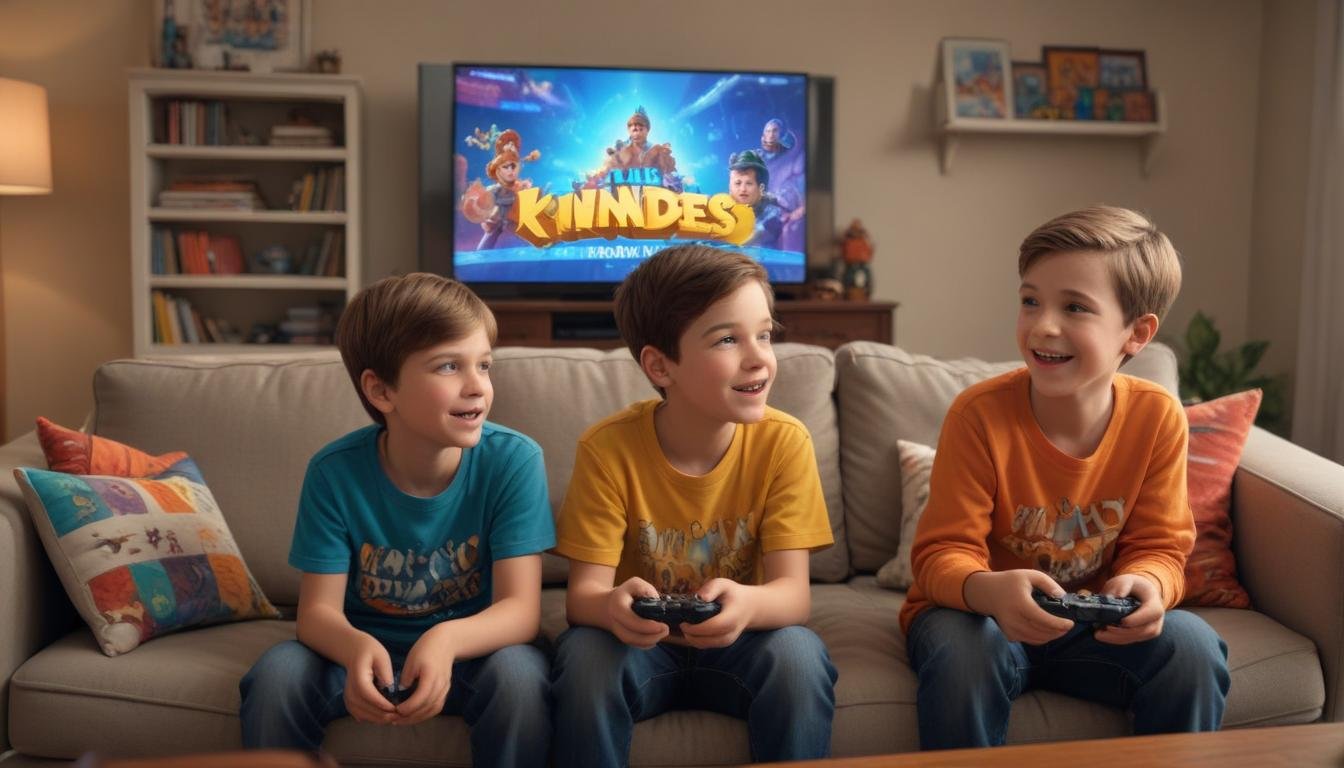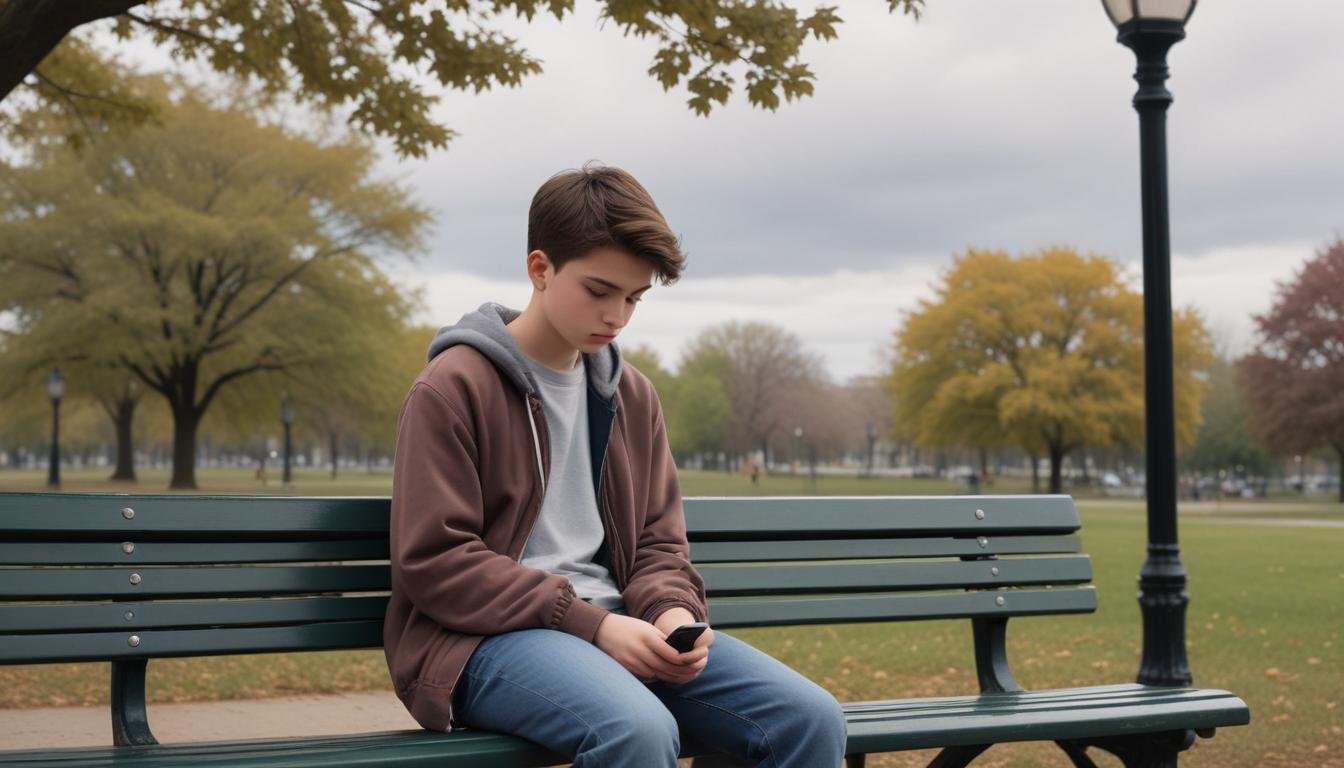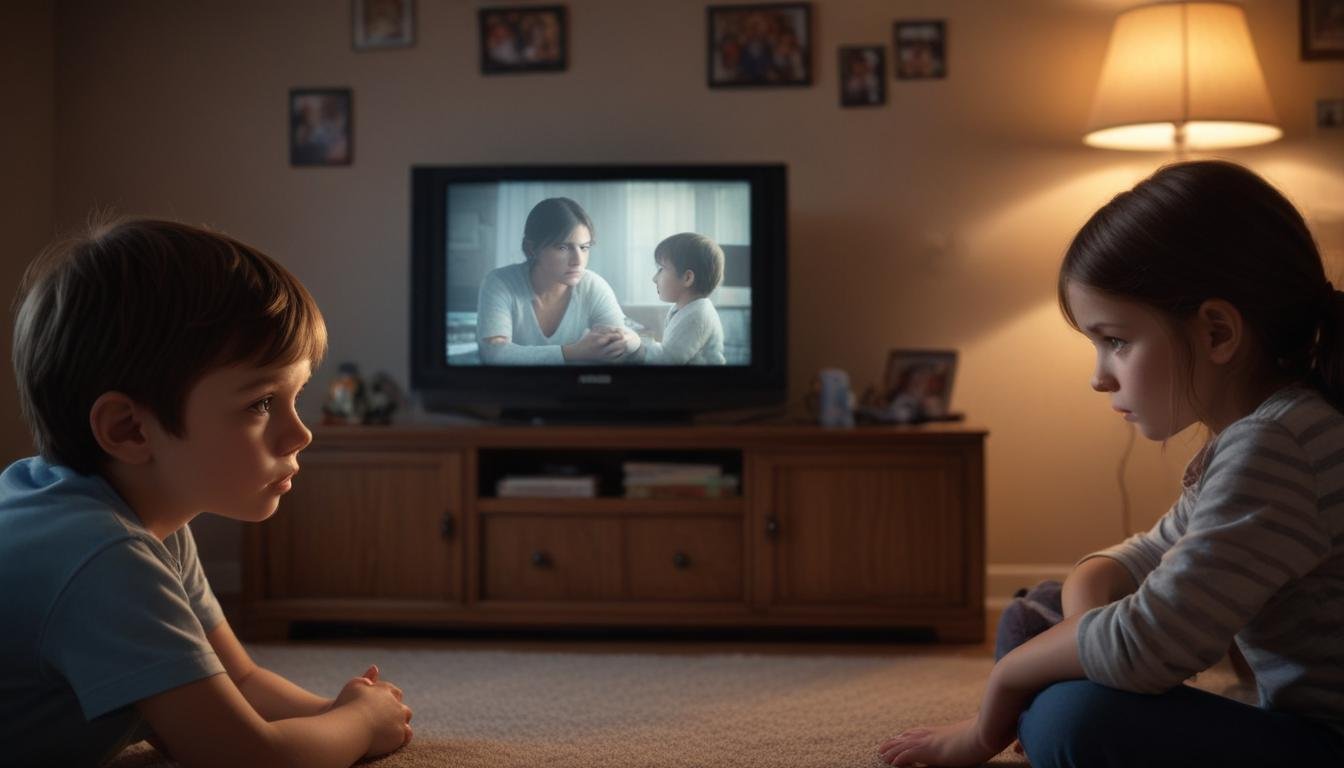The role of online communities in stopping cyberbullying
Online communities play a big part in stopping cyberbullying. I’ve seen how powerful these groups can be in making people feel safe and supported. Just the other day, my daughter Patricia told me about a friend who was being bullied online. It broke my heart to hear that kids can be so unkind. But what amazed me was how her online friends came together to help. They shared kind words and made sure their friend knew she was not alone. This really shows how online communities can be a force for good.
In our home, we talk a lot about the importance of kindness and support. My wife, Michelle, who works in marketing, always says, “Be the light in someone’s day.” I believe online communities can help spread that light! Whether through video games, social media, or online clubs, people can connect and lift each other up. When we use these platforms to stop bullying, we create a positive space where everyone can feel welcomed.
Just last week, I was teaching an online cybersecurity class. We discussed how important it is to stand up against cyberbullying. My students shared stories about how they found digital support in their communities. One student talked about a gaming group that created a safe zone for players. If someone was being bullied, everyone would rally to stop it. Hearing these stories makes me proud of the younger generation. They are learning how to make a difference.
It’s amazing how small actions can lead to big changes. When everyone joins together to stop bullying, we can create a world where kindness is the norm. I encourage my kids to speak up and support one another online. They know that if they see something wrong, they can share it with a trusted adult, like me or Michelle. Together, as a family, we can help push bullying out of our online communities. Let’s keep shining that light and helping each other!
Understanding cyberbullying in online gaming
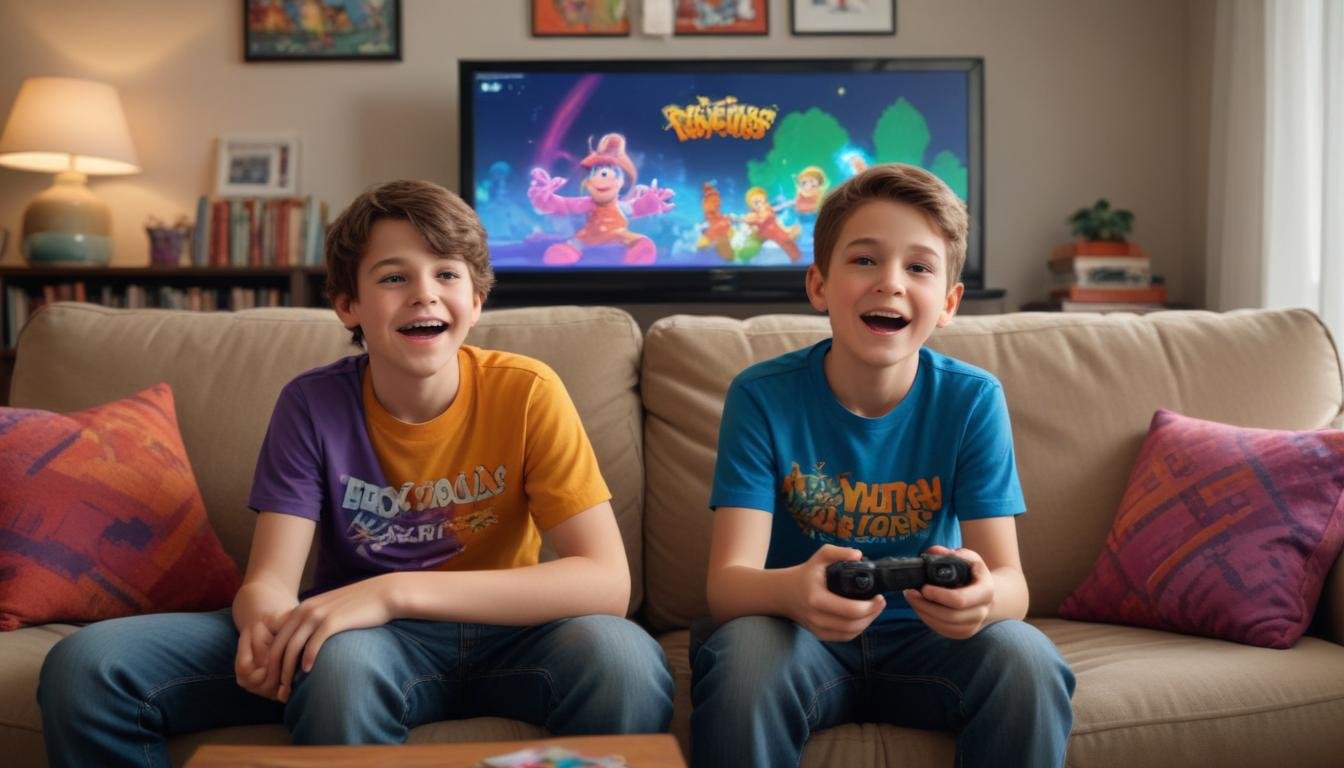
Cyberbullying can happen in many different places, but online gaming seems to have some special challenges. I remember one evening when my twin sons, Mark and Matthew, were playing their favorite video game. They started telling me about some of the things they heard while playing. Some players can be really mean! They would say hurtful things to each other, which can make it uncomfortable for everyone. It’s hard to see my boys get upset over something like that.
In those moments, I sit down with them and talk about what’s happening. We discuss what cyberbullying looks like in online gaming and how we can all be better players. I tell them that if they see someone being picked on, they should speak up. Just like in real life, helping someone who’s being bullied online can make a huge difference. I am always reminding them that online communities should be places where everyone feels safe and happy, just like when we play board games together as a family.
One day, Patricia told me about a fantastic feature in one of her games that I didn’t know about. The game allows players to report bullying and even block terrible behavior. This means that they are taking steps to stop bullying right in the gaming world! I was so proud of her for understanding how important it is to stand up against unkind words. She understands how to rely on digital support from her friends, and together, they can make sure everyone enjoys the game.
It’s beautiful to see how online communities in gaming can come together to protect each other. Just like my boys cheer each other on while playing, they can also join in to stop bullying. Sometimes, they even talk about forming a group with their friends to create a safe space within the game to support players who might be feeling down. It’s all about building each other up, just as my wife, Michelle, encourages in every aspect of life!
By creating friendships and standing together, players can enjoy their online experiences even more. I believe that through understanding and kindness, we can change the way people interact online. Let’s keep having these important conversations in our homes, so our kids feel equipped to face any challenges they encounter while gaming. We can help our young ones grow into caring individuals who contribute positively to their online communities!
The impact of online communities on youth behavior
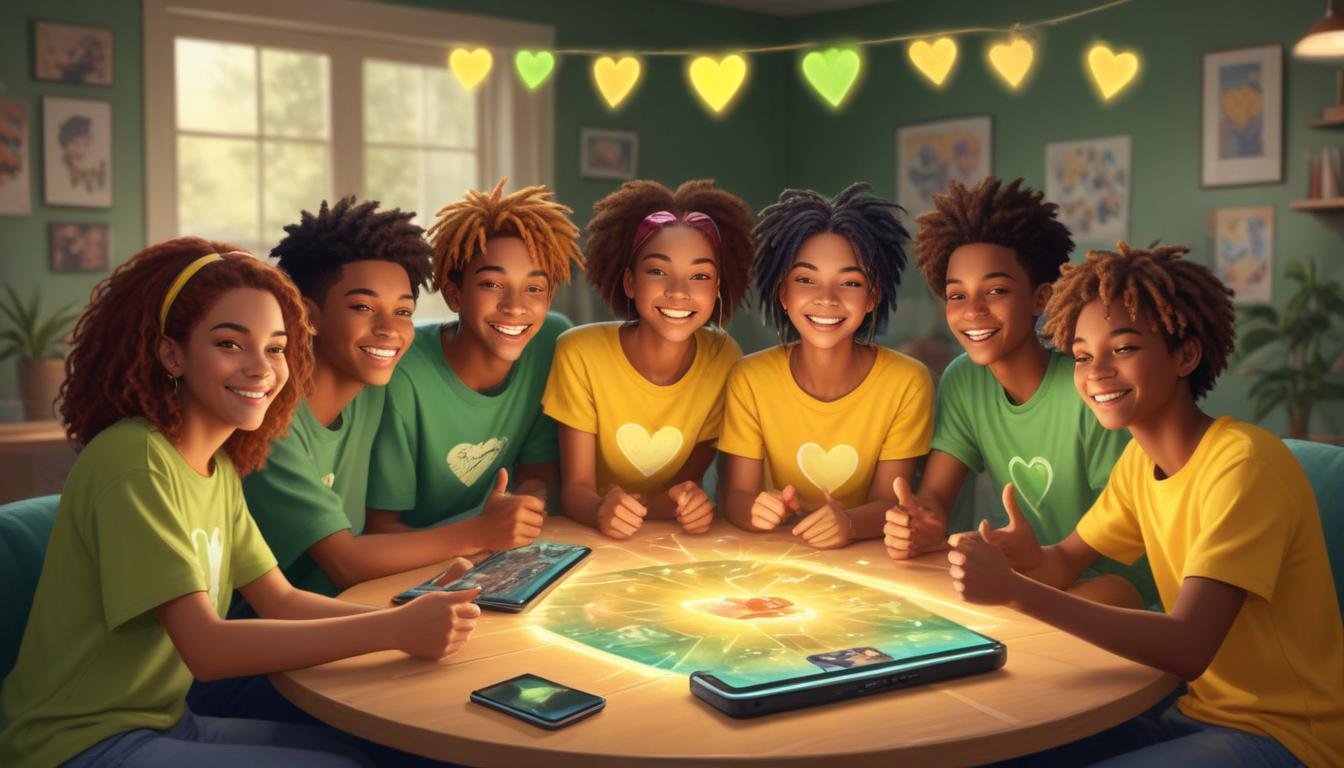
Online communities have a big impact on how young people act and interact with each other. I see it every day with my kids. My 14-year-old son, Robert, often plays games and chats with his friends online. He once shared a story that really struck me. He told me about a friend who was feeling sad because of some mean comments they received while playing. Instead of ignoring it, Robert and his friends rallied around their buddy to show him he wasn’t alone. They sent positive messages and included him in their game, reminding him just how much they care. This shows how online communities can really support each other!
Sometimes, we underestimate the power of these friendships that form online. I remember a family game night when Mark and Matthew invited their online friends to play with us. We all sat around the table together, laughing and having fun. It felt like these friends were a part of our family, even though we had never met them in person! They all shared similar experiences and had each other’s backs. That’s the beauty of online communities—they help kids feel connected, even if they are miles apart.
I always encourage my kids to be active and kind members of their online groups. I tell them to be the encourager in the chat room, just like they would be during a game. When they chat positively or step in to stop bullying, they are helping to build a safe place for everyone. I see this kindness reflected in my daughter Patricia. She once started a group project with her friends from school to create a digital support page. They wanted to share their experiences on how to be nice and uplifting within their online games. It made me so proud to see her take the lead and promote kindness!
As a family, we regularly talk about the importance of being kind online. I teach my children that standing up to cyberbullying isn’t just something we do for others—it helps create a more enjoyable experience for everyone. When our kids learn how to support each other, whether in person or online, they’re developing skills that will help them throughout their lives.
I believe that every little act counts. If each person takes a moment to lift someone up, we can create strong online communities where stopping bullying becomes a part of the culture. So let’s keep cheering each other on! Our kids can change their world one kind word at a time, proving that online friendships can truly make a difference.
Strategies for parents to engage with online communities
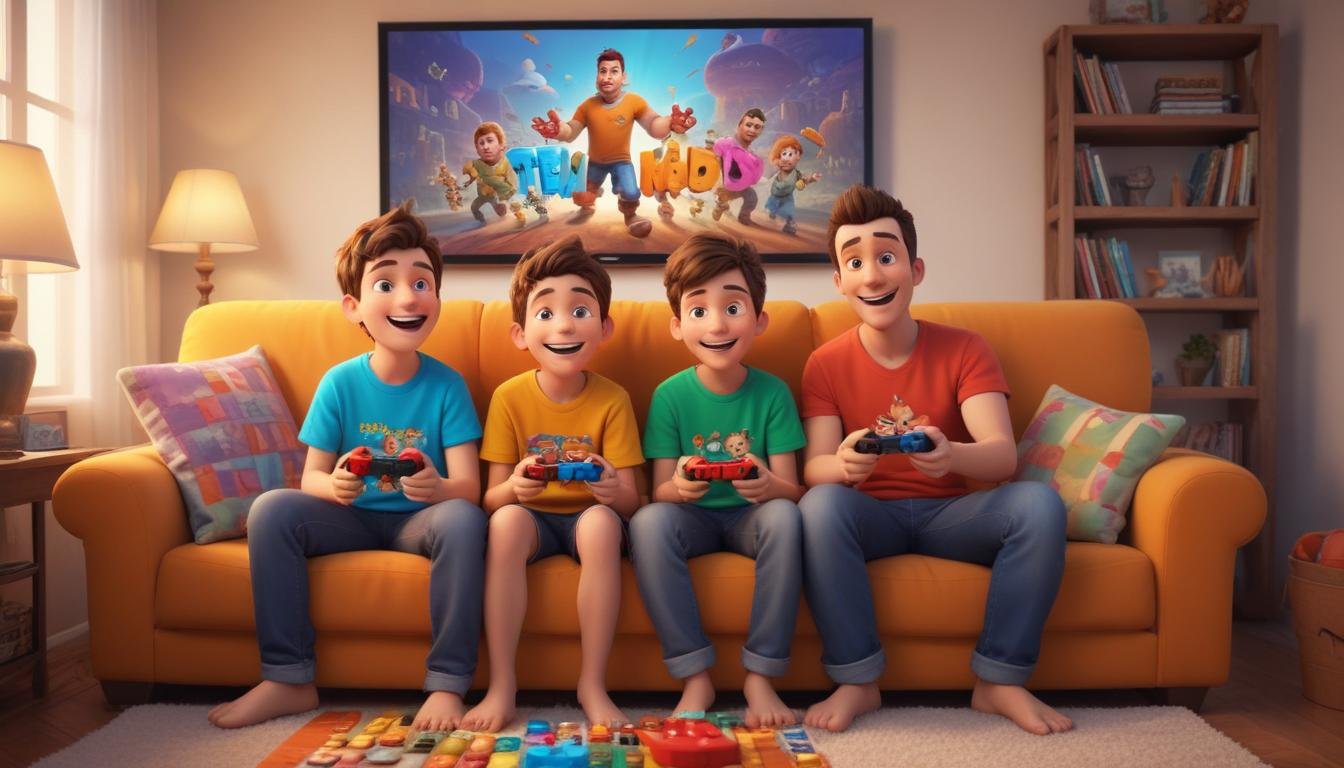
As a parent, I know it’s important to stay connected with my kids and their online lives. I try to engage with the online communities they are part of. It’s like peeking into their world and understanding how they interact. One time, my twin sons, Mark and Matthew, wanted to show me their favorite game. I sat down with them, and they explained everything about it! I was amazed by how they worked together with their friends and how much fun they had playing. It felt great to be included in something they love so much.
I also talk to my kids about how to support their friends online. For instance, I reminded them that if they ever see someone being mean or hurtful in their games or chats, they should work together to stop bullying. I shared a story about a time I saw one of my online students stand up for a friend during a gaming session. It inspired me to let my kids know that even in the gaming world, their actions matter. They can help create a positive atmosphere and make sure no one feels alone.
Each month, I like to have “family game night,” combining fun with lessons about respect and support. Sometimes, we play games that come with online features. During these nights, I encourage my kids to invite some of their online friends to join us. This way, I can meet the people they’ve been playing with and see how those friendships blossom. I believe seeing their friends interact kindly reinforces the idea that online communities should be friendly and uplifting.
Another fun way to engage is by discussing the games and communities they are part of over dinner. My wife, Michelle, always encourages open conversations at the table. We ask questions like, “What’s the coolest thing that happened in your game this week?” It’s amazing to hear about how friendships are formed and how they support each other. By listening and sharing stories, I learn how to create a stronger bond with my children and let them know I care about their experiences.
It’s also important for me to remind my children that it’s okay to take breaks from games and social media. Mark and Matthew love playing their games, but I’ve taught them to balance screen time with other fun activities. We often go for bike rides or play sports together. This way, they can build friendships both online and offline. I believe having a well-rounded experience will help them be more aware of the importance of kindness in all spaces, digital or real.
Engaging with my kids online and encouraging positive behavior is what I strive for. Seeing how they support their friends makes me proud. By being active in their online communities and encouraging open conversations, we can work together to stop bullying. Together, we can create a world where kindness is always the first choice!
Promoting positive interactions in gaming environments
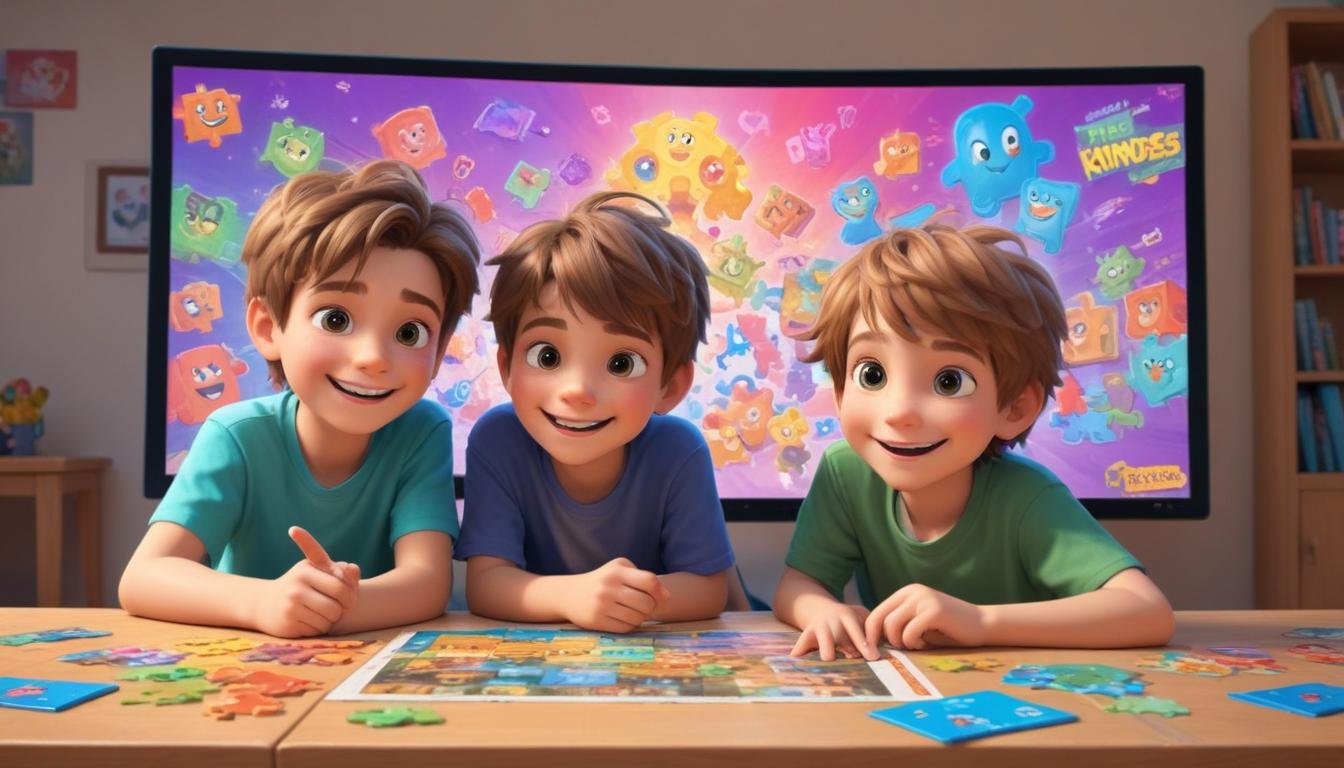
When it comes to gaming, creating a positive environment is so important! Just last week, I sat down with my kids as they played one of their favorite games. I watched as my twin sons, Mark and Matthew, teamed up with their friends online. They were working together, solving puzzles, and having so much fun! But then, something caught my attention. One of the players was being a little rude to another. It reminded me how crucial it is to promote kindness in these online communities.
In moments like these, I see my role as a guide. I always encourage my kids to be the ones who stand up for others when they notice something wrong. I shared with them a story about how I once witnessed a player defending a friend who was being picked on. It struck me that even in the gaming world, people can show digital support for one another. My kids nodded, understanding that their words and actions matter.
Creating a kind atmosphere doesn’t have to be complicated! Just a simple message saying, “Hey, that’s not cool!” can make a big difference. I love hearing Robert share stories about how he and his friends work to lift each other up while playing. They encourage their teammates, help each other out, and remind everyone to have fun. It’s like building a fortress of friendship against negativity!
My daughter, Patricia, recently came up with a brilliant idea. She wants to start a kindness campaign among her friends in their favorite game. She’s planning to create colorful banners they can share and send positive messages to those who might be feeling down. I was so proud of her for taking the initiative! She knows that when groups come together to stop bullying, everyone feels better and can enjoy the game more.
As parents, I believe it’s essential to show our kids how to be leaders in these online spaces. We can remind them that being nice is not just a rule; it’s a way of living! It’s about being supportive friends and standing up for one another. Our family tries to always talk about kindness, whether we’re playing together or sitting around the dinner table. Sharing these moments helps us connect and reinforces how much of an impact we can have on others.
By building friendships and encouraging positive interactions, we help create a community where everyone feels valued. I smile when I see my children lift others up online just as they do in real life. It makes me hopeful that they will carry these lessons into their future! Together, we can light the way for others, reminding everyone how good it feels to be kind!
FAQ
Have you ever wondered what to do when you hear about cyberbullying? It can be a scary topic. I want to share some answers to common questions about it. As a cybersecurity expert with a family, I know how important it is to talk about these things openly. So, let’s dive into some questions that might help you understand more about online communities and how they stop bullying!
One question I often hear is, “What can I do if I see someone being bullied online?” If you witness bullying, don’t hesitate to speak up. Just like my kids, Mark and Matthew, who love to help their friends. They learned that supporting someone can make a huge difference. I always tell them to use their voices, even online! Message a friend and let them know you’re there for them. It makes such a big impact.
Another question I get is, “What should I tell my kids about online communities?” I share stories from our family discussions all the time. We talk about how powerful these communities can be. Like when Patricia’s friends came together to support someone who was feeling down. I encourage my kids to be kind members of these groups, too! They can be the ones who spread positivity and stop bullying when they see it happen.
Sometimes, parents worry about how to keep their kids safe online. I understand that feeling! My wife, Michelle, and I make it a point to talk with our kids about online safety. We remind them to be careful with who they interact with and always report mean behavior. By working together, we create a strong team in our home that helps our kids navigate the online world safely.
Another common concern is whether online friendships are real. In our family, we know they are absolutely real! Robert often shares with us about his friends he’s met online. They may live far away, but their support is just as strong. It’s wonderful to see how these online communities help him grow. They share laughter, struggles, and fun times together. Just like our family does! Building these connections helps kids feel less alone in tough situations.
Lastly, many ask, “How can we promote kindness online?” One great way is to lead by example. I tell my kids that even simple acts of kindness, like complimenting a friend or sharing a laugh, can create waves of goodwill. Just like when I see Patricia come up with her kindness campaign in one of her games. It shows how one idea can inspire a whole group to lift each other up! Let’s remind our kids that kindness is cool, and that will resonate through every online community they join!
By sharing these thoughts, we can all learn and grow together. Engaging with these questions not only helps us tackle cyberbullying, but it also makes our online spaces brighter and happier places to be!
About me
I’m Dr. Victor Lee, and cybersecurity isn’t just what I do—it’s what I’m passionate about. With a Ph.D. in Computer and Information Security and more than two decades of experience, I’ve had the privilege of watching the cybersecurity landscape evolve. I believe in the power of knowledge-sharing, which has inspired me to teach college-level courses online. My mission is to make a meaningful impact in the fight against cyber threats.
My family is my greatest joy, with my wife and four wonderful kids. My wife, Michelle, is a talented marketing manager in her 40s. We have twin sons, Mark and Matthew, who are 8 years old and bring so much joy to our lives. Our daughter, Patricia, is a bright 10-year-old excelling in middle school. Our oldest, Robert, is a 14-year-old high school student embracing new challenges. As a family, we call the beautiful city of Fresno, California, our home.
